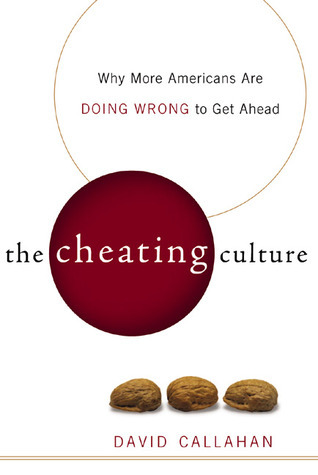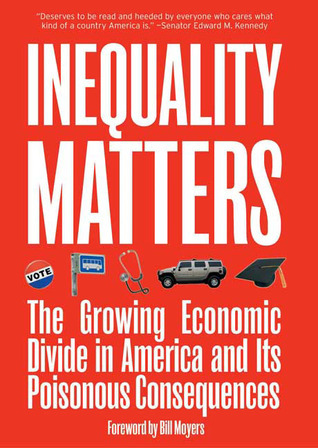
Twilight of the Elites: America After Meritocracy
Book Description
Meritocracy is crumbling, and the elite are scrambling to maintain their grip on power. In "Twilight of the Elites," Christopher L. Hayes reveals the unsettling truth behind America’s illusion of fairness, exposing the widening chasm between opportunity and privilege. As the dreams of success fade, social trust disintegrates, and the very fabric of society hangs in the balance. With vivid examples and provocative insights, Hayes paints a haunting portrait of a nation at a crossroads. Will the promise of democracy endure, or will the powerful seal their fate amid the twilight of their own making?
Quick Book Summary
"Twilight of the Elites: America After Meritocracy" by Christopher L. Hayes examines how the promise of meritocracy in America has gone awry, leading to growing inequality and diminishing trust in institutions. Hayes argues that systems meant to reward talent and hard work have instead evolved to perpetuate privilege among elites, causing widespread public disillusionment. By dissecting high-profile failures, such as financial crises, cheating scandals, and institutional breakdowns, he shows how elite networks shield themselves from accountability. Ultimately, Hayes contends that these systemic issues erode democracy, as citizens lose faith in a fair and open society. The book challenges the very foundation of the American dream, urging a reevaluation of what truly constitutes merit and how to restore social trust.
Summary of Key Ideas
Table of Contents
The Corruption of Meritocracy
Hayes begins by exploring the origins and ideals of meritocracy—the belief that individuals should rise to positions of power based on their abilities and hard work rather than inherited privilege. However, he demonstrates that as society becomes more stratified and access to opportunity becomes more tightly controlled, meritocratic systems can end up reproducing inequality. Elite educational institutions, for example, now act as gatekeepers for privilege, and the American dream of upward mobility becomes less attainable for those outside these networks.
Institutional Failures and Scandals
A major theme is the proliferation of high-profile institutional failures, from the 2008 financial collapse to scandals in the Catholic Church and Major League Baseball. Hayes illustrates how each case is linked to elite networks that circumvent rules, manipulate systems, and evade accountability. The persistence of such scandals underscores the weaknesses in mechanisms meant to ensure fairness and justice, revealing how the rules often benefit the powerful at the expense of the many.
The Cycle of Elite Self-Preservation
Hayes details the self-preserving behavior that defines modern elites. He explains that those at the top tend to pull up the ladder behind them, leveraging their connections and resources to perpetuate their social position while presenting a façade of merit-based success. This cycle of self-preservation creates closed systems, reinforcing economic and social divides and making it increasingly difficult for outsiders to break in. As a result, social and economic mobility stagnate.
Erosion of Social Trust
These dynamics erode public trust in institutions, as ordinary citizens witness repeated betrayals by those in power. Hayes contends that this growing mistrust has profound consequences for democracy. When people no longer believe institutions are fair, they disengage or seek alternatives, sometimes turning to demagoguery or conspiracy theories. The legitimacy of the system comes into question, threatening the stability and cohesiveness of society itself.
Paths Toward Rebuilding Fairness
In his conclusion, Hayes discusses the urgent need for reform and the reimagining of what merit should mean in a democratic society. He calls for greater transparency, accountability, and inclusion, arguing that the country must move beyond the narrow confines of current meritocracy to ensure fairer opportunities for all. By addressing structural inequalities and cultivating a renewed sense of common purpose, Hayes envisions restoring trust and revitalizing America’s foundational promise of democracy.
Download This Summary
Get a free PDF of this summary instantly — no email required.





